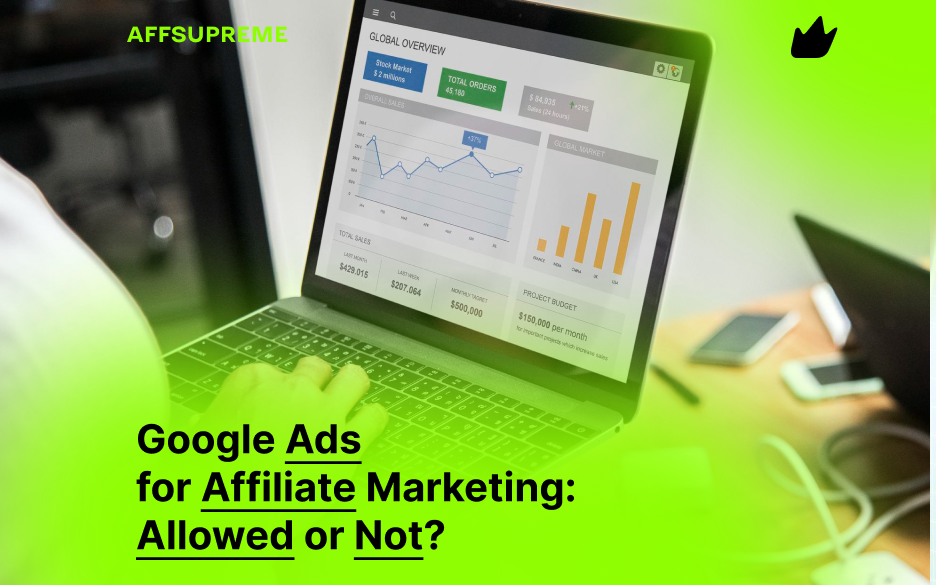What Is Affiliate Marketing?
Affiliate marketing is a performance-based model where marketers earn commissions for driving sales or leads through unique tracking links. It’s a popular method for monetizing blogs, websites, and social media platforms.
Google Ads and Affiliate Marketing: What Do the Policies Say?
Is Affiliate Marketing Allowed on Google Ads?
Yes, but with strict limitations. Google Ads does not prohibit affiliate marketing, but it requires value-added content and transparency. Simply promoting an affiliate link directly through ads is not allowed.
What Is Prohibited?
Google explicitly disallows:
-
Bridge pages — landing pages that serve no purpose other than redirecting users to another site (typically an affiliate offer).
-
Direct affiliate links in ads — these are often flagged and can get your ads disapproved.
-
URL cloaking or masking — attempting to hide or misrepresent the final destination of a link.
Google defines bridge pages as part of its “thin content” policy, which can lead to account suspensions.
How to Use Google Ads for Affiliate Marketing Without Violating Policies
1. Build a High-Quality Landing Page
To stay compliant, your landing page must:
-
Offer original content that adds value (e.g., comparisons, reviews, how-to guides).
-
Be relevant and informative to the user’s intent.
-
Avoid being just a “click-through” page.
2. Be Transparent About Affiliate Links
-
Always include a disclosure like: “This page contains affiliate links. We may earn a commission if you purchase through them.”
-
Don’t use deceptive redirects or hide affiliate relationships.
3. Optimize Your Site for User Experience
Google evaluates:
-
Page load speed
-
Mobile responsiveness
-
Clear navigation and structure
Good user experience helps your Quality Score and improves ad performance.
4. Target the Right Keywords
Focus on:
-
Informational and long-tail keywords (e.g., “best email marketing tools 2025”, “VPN for travelers review”).
-
Avoid direct brand bidding (e.g., bidding on “Shopify” or “ClickFunnels” by name), as this may lead to trademark violations.
What Happens If You Break the Rules?
Violating Google Ads policies can result in:
-
Ad disapproval
-
Temporary account suspension
-
Permanent account ban (especially for repeat offenses)
Manual reviews can flag violations even if your ads were approved initially. Always follow the official Google Ads policies to stay safe.
Final Thoughts: Can You Use Google Ads for Affiliate Marketing?
Yes — if you follow the rules. Google Ads can be a powerful tool for affiliate marketers who provide genuine value through informative content and transparent practices. Direct affiliate promotions without a proper user experience or content layer are a clear violation.
The safest approach? Build useful, content-rich landing pages, disclose affiliate relationships, and stay updated with Google’s evolving ad policies.

